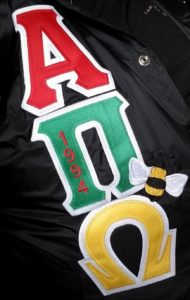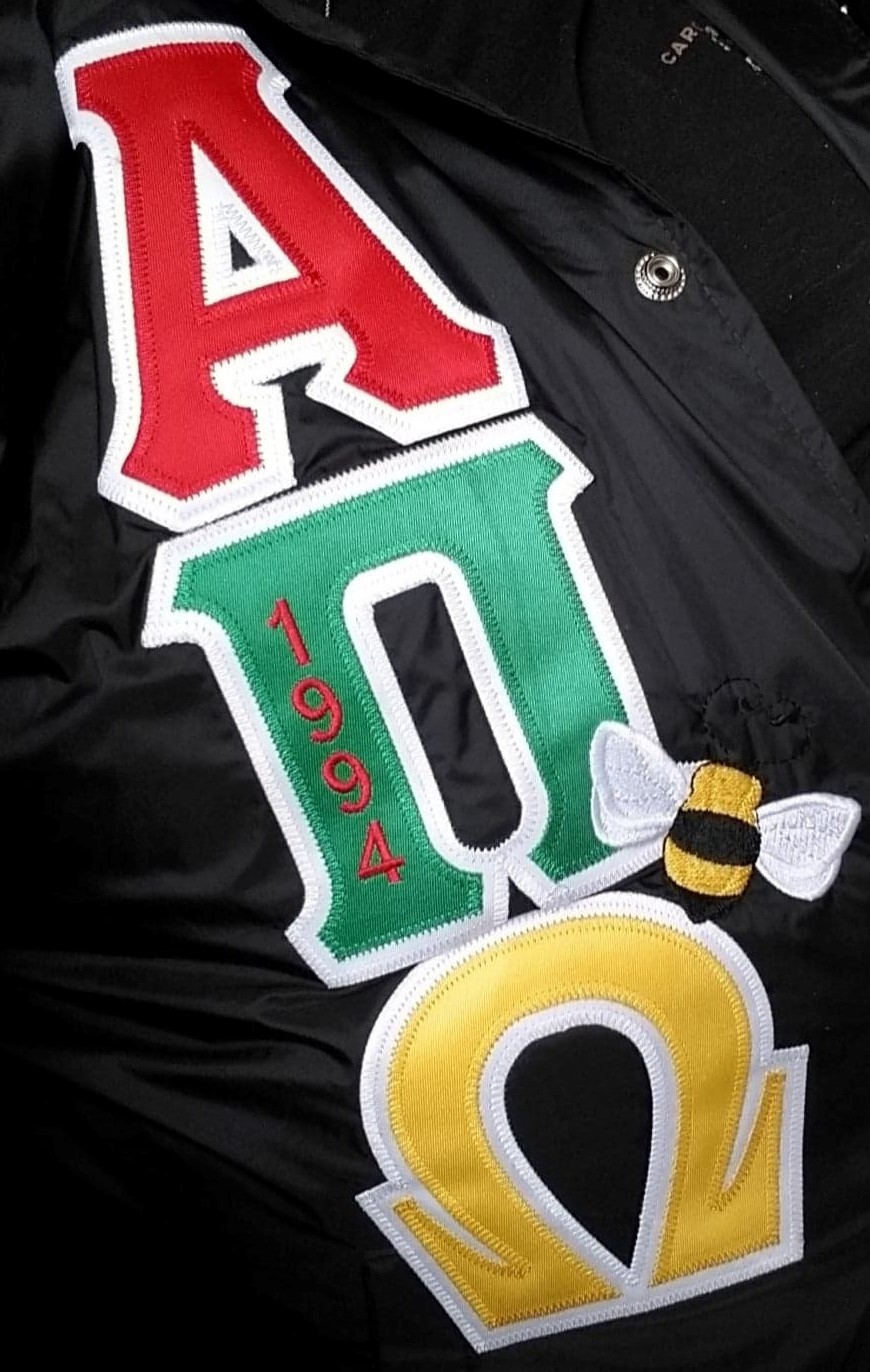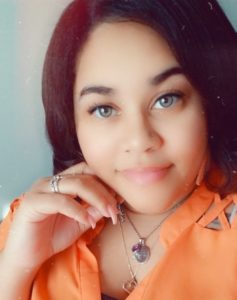 There is a lack of Native American representation. While I was growing up, I rarely ever saw someone who looked like me. I am mixed race and I saw plenty of beautiful African American children, but not very many Native American children. Growing up I also realized there wasn’t much taught about Native Americans. The only thing we were presented in school was the history of Natives as it pertained to the Jamestown settlement and the story of “Thanksgiving.” I was always disappointed when the same stuff we’d had already heard was covered each year in school. I grew up around the Native American Methodist Church in Greensboro, NC and went to a daycare that was run by Native Women and that’s where I interacted with people who looked like me.
There is a lack of Native American representation. While I was growing up, I rarely ever saw someone who looked like me. I am mixed race and I saw plenty of beautiful African American children, but not very many Native American children. Growing up I also realized there wasn’t much taught about Native Americans. The only thing we were presented in school was the history of Natives as it pertained to the Jamestown settlement and the story of “Thanksgiving.” I was always disappointed when the same stuff we’d had already heard was covered each year in school. I grew up around the Native American Methodist Church in Greensboro, NC and went to a daycare that was run by Native Women and that’s where I interacted with people who looked like me.
When I told non-native people what tribes I was from they asked me all kinds of questions as if I was supposed to be the library of information for my tribe. When I couldn’t recite knowledge on the spot, they didn’t believe me. I remember one time we were writing about what we did over summer and I mentioned I went to Lake Waccamaw because that’s where my family is from. I said that I was Waccamaw Siouan and at the time I didn’t know how to spell it. When I asked the teacher about the spelling, she told me that it was spelled “Sioux.” I told her that wasn’t it and I was adamant about it. She told me that I was wrong and it stuck with me. I can’t remember the name of the teacher, but I’ll always remember her telling me I didn’t know how to spell my own tribe’s name.
I was “the student” in class everybody turned to when the teacher mentioned Native history. I was also the student who got excited when Native history was mentioned. I was excited because I finally had the opportunity to learn more about my people and myself. We learned white history all year long and we learned black history in February, but it wasn’t until I was in college that I learned November is Native American Heritage Month. By the time I got to high school, I had moved to a rural part of North Carolina right outside of Fayetteville, Sanford, and Clinton. I started to see more people that I identified with and even then there were only around 10 of us. In high school the curriculum changed a bit and we were taught more about Native Americans beyond the Jamestown settlement, but even that expanded history still made it seem as though we were no longer alive.
Once I got to college, I moved back to Greensboro and began my studies at the University of North Carolina at Greensboro. When I did my campus tour, I realized I was returning to the same boat where I’d been before. I didn’t see myself reflected on campus. As I settled into college, I found out that there was a Native American Student Association on campus, and I decided to check it out. After going to the first meeting, I finally felt like I saw myself on campus and it was easier to want to be at UNCG beyond just going for classes. Through my participation in the Native American Student Association, I started to see more Native representation on campus. The longer I was there, the more “me” I began to feel. I learned more about myself and my history through them than the whole 12 years I was in school. There were a few classes in the anthropology department that focused on Native American history and those were the most in-depth classes I had ever seen in a school setting. I ended up taking one and then dropping it because it was an online class and I didn’t want to teach myself about my own history even though I ended up doing it later anyway.
I finally found the Native Women representation I had been looking for throughout school once I joined Alpha Pi Omega. This sorority made me realize that even though we are looked at as “history” and a people who are no longer living, we do have representation across the board. Since we are not represented often, many folks fail to realize we’re not an uncivilized people and that we’re no different from any other race or culture. I think if history books told our history like they do White and African American history then we wouldn’t be and feel so invisible. I have heard the stories of my people who report they’ve been looked at by other cultures and people have said things like:
“You’re not a real Indian because the white people killed them all!”
“Do you live in a tepee and hunt for your food?”
“Do you have running water and lights?”
“Do you live on a reservation?”
“You’re not a real Indian if you can’t speak your language.”
Nobody asks these sorts of questions to most other minorities whose histories are actually taught in school.
I think representation is so important because it gives little girls and young women hope and an expanded sense of self. They have someone to look at and say, “I can be her when I grow up.” I was over the moon when not one, but TWO women were elected to Congress because it gave an entire group of women hope that they can one day become an astronaut, congresswoman, doctor, lawyer or first Native American female president, or anything else their heart desires.
Mika Tucker is Lumbee, Waccamaw Siouan and African American. She received her bachelor’s degree from the University of North Carolina at Greensboro and is currently working on her master’s degree at Pfeiffer University. She is also a sister of Alpha Pi Omega Sorority Inc, the country’s oldest Native American Greek letter organization.


There are no comments
Add yours